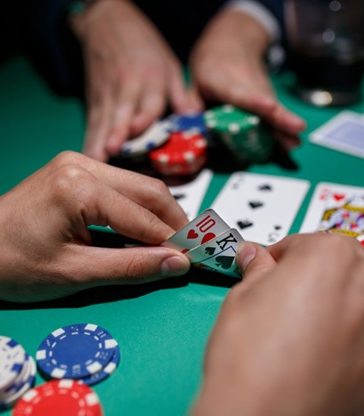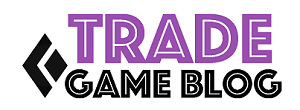Getting started with online poker seems daunting, especially if you’re on a tight budget. The high-stakes games with their big payouts might be tempting, with higher risks. When you’re just starting, it’s smarter to look for low-stakes online poker games that won’t break the bank. The major online poker sites like PokerStars, 888poker, and partypoker offer play money games. These are practice games where you don’t play with real money – you’re given an initial stack of fake chips to play with. Take advantage of these free games to learn the ropes of online poker before risking any real cash. Play around with different game formats like Texas Hold’em, Omaha, and Stud poker to find which style you enjoy most.
Start at the lowest stakes
Once you want to make the transition to 플레이포커 머니상games, look for the lowest available stakes. On most poker sites the very lowest stakes are 1 cent/2 cent blinds. This means the small blind is 1 cent and the big blind is 2 cents. Stakes this low are perfect for getting your feet wet for real cash poker. Even if you lose some hands early on, you won’t be losing much money while you learn.
Deposit bonuses
Online poker sites offer deposit bonuses, usually a percentage match up to a certain amount. A common one is a 100% match bonus up to $500. This means if you deposit $100, you’ll get another $100 added by the site. Be sure to read the terms – there are often play through requirements before you withdraw bonus money. Still, these bonuses are a great way to increase your starting bankroll when your budget is tight.
Choose 6-max tables
The beginner players, 6-max tables with 6 players total are better than full 9-handed tables. 6-max poker has tighter, more aggressive play. With fewer players seeing each flop, there’s less likelihood of someone drawing out on you with an inferior hand. Start with 6-max to learn disciplined play before moving to more complex 9-handed games.
Stick to one table
It is tempting to play at multiple tables at once to get more hands in. But that’s a mistake when you’re first starting. Trying to play 2, 3, or 4 tables at once will divide your attention. Stick to one table in a low-stakes game so you focus fully and make better decisions. Once you gain experience, then you consider adding more tables.
Play tight but aggressive
The keys to winning poker on a budget are tight play and aggressive play. Tight means you’re selective with your starting hand requirements – only play premium hands in an early position. Aggressive means when you enter a hand, bet, and rise to build the pot. It maximizes your profits when you have a strong hand. Playing tight but aggressive poker minimizes losses and puts you in control.
Learn preflop hand selection
To play and which to fold before the flop is one of the key poker skills for beginners. Study basic preflop hand charts to learn which holdings are profitable from each position. Follow those guidelines closely to avoid getting stuck with weak hands and paying people off. Solid preflop play establishes a strong foundation. Once you have a strong hand, the key is extracting maximum value by betting and rising for value. Bet an amount that you think your opponent will call.
Clare Louise


